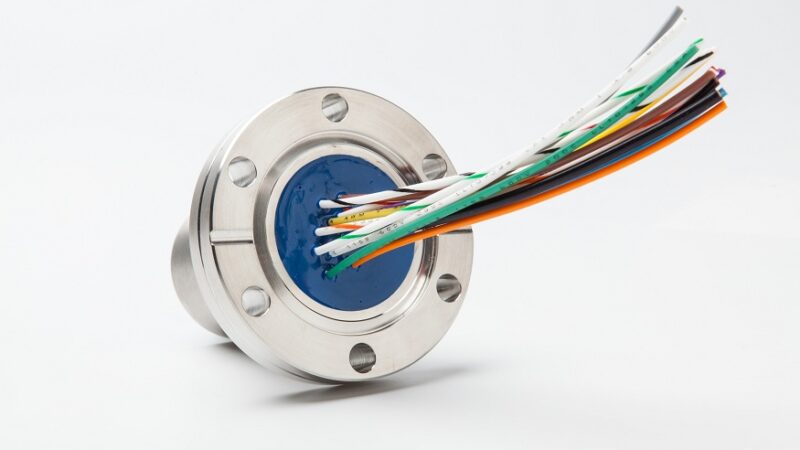Solar Installation and EV Solutions

In an era where sustainability and innovation go hand-in-hand, the synergy between solar installation and electric vehicle (EV) solutions emerges as a powerful force driving environmental progress and energy efficiency. Together, these technologies pave the way for a cleaner, greener future, reshaping the landscape of energy consumption and transportation.
Solar Installation: Harnessing the Power of the Sun
Solar installation stands at the forefront of renewable energy solutions. By harnessing the boundless energy of the sun, solar panels convert sunlight into electricity, offering a clean and sustainable alternative to traditional fossil fuels. As technology advances, solar installations have become more efficient and affordable, making them accessible to both residential and commercial sectors.
One of the key advantages of solar power lies in its ability to reduce dependency on non-renewable energy sources. Solar panels generate electricity without emitting harmful greenhouse gases, mitigating the impact of climate change and contributing to a cleaner environment. Additionally, solar energy systems often come with energy storage solutions, ensuring a stable power supply even during grid outages, enhancing energy resilience.
EV Solutions: Driving Towards a Sustainable Tomorrow
Simultaneously, the rise of electric vehicles (EVs) marks a significant leap in the evolution of transportation. EVs, powered by electricity, produce zero tailpipe emissions, reducing air pollution and curbing the carbon footprint associated with traditional internal combustion engines. With advancements in battery technology, EVs offer impressive mileage, making them a practical and eco-friendly choice for daily commuting and long-distance travel alike.
The integration of solar installations and EV solutions heralds a new era of energy efficiency and sustainability. Solar panels can be utilized to charge EVs, providing a renewable source of energy for transportation. This integration not only reduces the overall operational costs of EV owners but also contributes to a more sustainable energy ecosystem. Homeowners and businesses alike can install solar carports equipped with charging stations, ensuring a seamless and eco-conscious charging experience for EV users.
Environmental Impact and Economic Benefits
The environmental benefits of this synergy are clear: reduced greenhouse gas emissions, improved air quality, and a diminished reliance on finite fossil fuels. Moreover, this transition to solar-powered EV solutions fosters innovation and creates job opportunities in the renewable energy sector. As the demand for solar installations and EVs rises, industries related to manufacturing, installation, and maintenance experience growth, stimulating local economies and driving technological advancements.
The Path Ahead: Collaborative Progress
The collaboration between solar installation and EV solutions underscores the importance of an integrated approach to sustainable living. Governments, businesses, and individuals must work together to accelerate the adoption of these technologies. Financial incentives, such as tax credits and subsidies, can make solar installations and EVs more accessible, encouraging widespread adoption and fostering a culture of environmental responsibility.
In conclusion, the combination of solar installation and EV solutions represents a paradigm shift in how we generate energy and power our transportation. This symbiotic relationship between clean energy and sustainable mobility not only benefits the environment but also promotes economic growth and technological innovation. Embracing these solutions today is an investment in a brighter, cleaner tomorrow, where our energy and transportation needs are met with efficiency, responsibility, and a deep respect for our planet.






